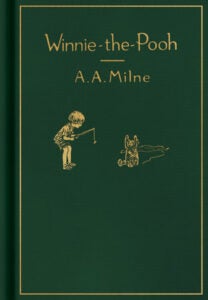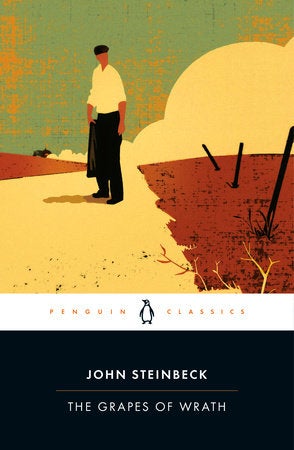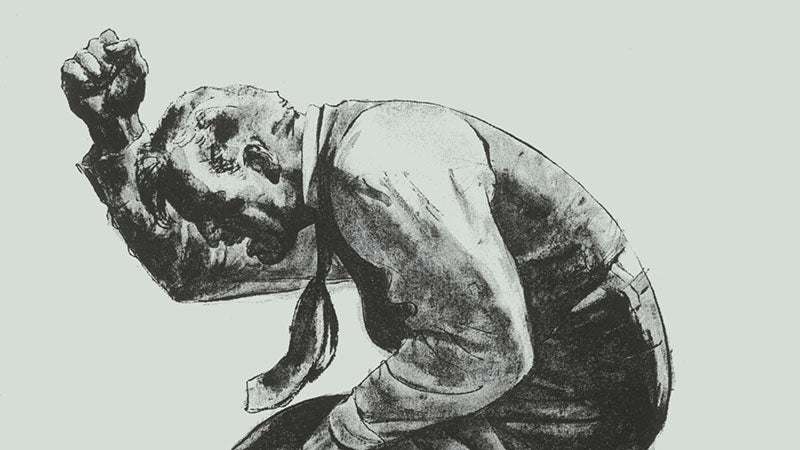Our Story – The Timeline
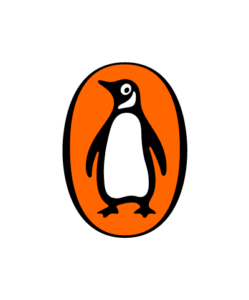
Penguin Books was originally founded in the UK in 1935 by Allen Lane, who envisioned a collection of quality, attractive books affordable enough to be “bought as easily and casually as a packet of cigarettes.”
A United States office opened in 1939, called Penguin Books Ltd. In 1996, the group merged with Putnam Berkley to become Penguin Putnam, Inc., Penguin Group (USA) in 2003, and Penguin Publishing Group in 2014.
Today, Penguin Publishing Group is the largest division of Penguin Random House, Inc.
1830s
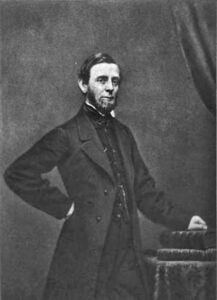
1838
G.P. Putnam’s Sons is founded by George Palmer Putnam. Early authors include such luminaries as Herman Melville, Edgar Allan Poe, Charles Dickens, and Nathaniel Hawthorne.

1852
Dutton is founded by Edward Payson Dutton. E.P. Dutton is founded by Edward Payson Dutton. The company begins publishing books in 1864. Authors published in its first century include H.G. Wells, E.A. Poe, Babe Ruth, A.A. Milne, Gore Vidal, and Francoise Sagan.
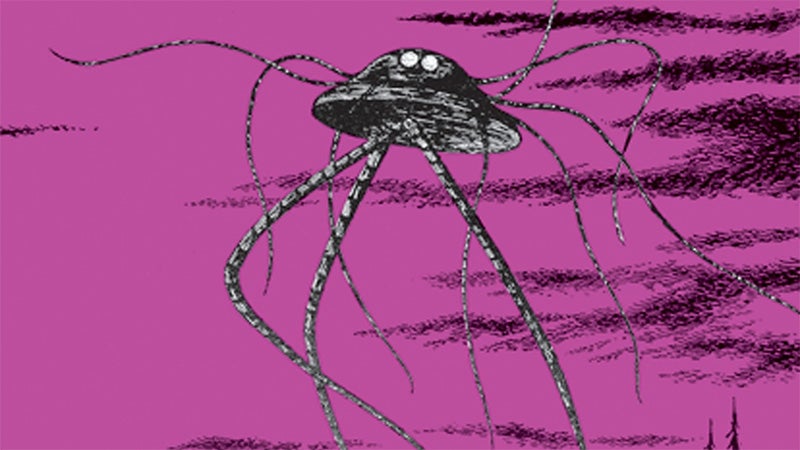
1920s
1924
Dial Books for Young Readers traces its roots to 1880 and the founding of The Dial, a monthly literary magazine that published such literary giants as e.e. cummings, T.S. Eliot, D.H. Lawrence, and Gertrude Stein. In 1924, the magazine founds a book publisher, The Dial Press, which evolves into Dial Books for Young Readers and becomes part of Penguin Young Readers Group in the late 1960s.

1925
The Viking Press is founded by Harold K. Guinzburg and George S. Oppenheimer. The house’s name and its logo, a Viking ship drawn by Rockwell Kent, are chosen as symbols of enterprise, adventure, and exploration in publishing.

Penguin Viking
1930s
1930
Allen Lane, the founder of Penguin Books, envisions a “dignified but flippant” symbol for his new book publishing business in the U.K.
His secretary suggests a Penguin and another employee is sent to London Zoo to make some sketches. Today, the Penguin logo continues to appear on its books.
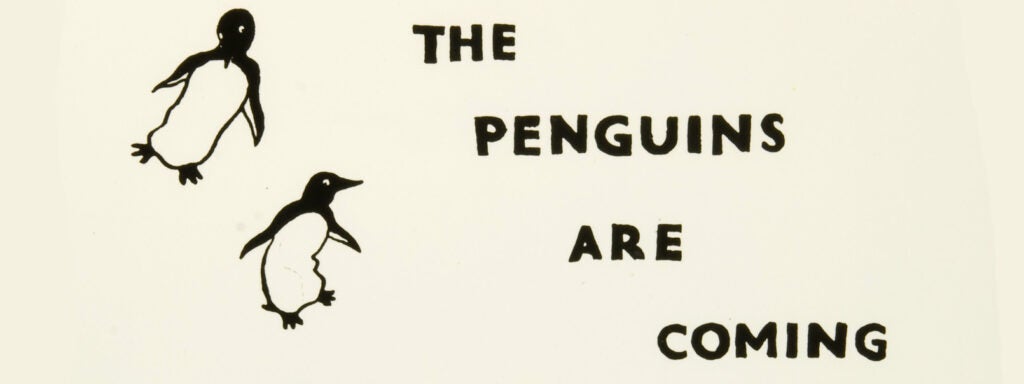
1933
Viking Children’s Books is launched as a division of Viking Press. Over the years, Viking has published ten Newberry Medal winners and ten Caldecott Medal winners, more than any other publishing house. Its classic franchises include Madeline, Pippi Longsticking and Corduroy.
1935
The first Penguin paperbacks are introduced in the UK, sparking a paperback revolution.
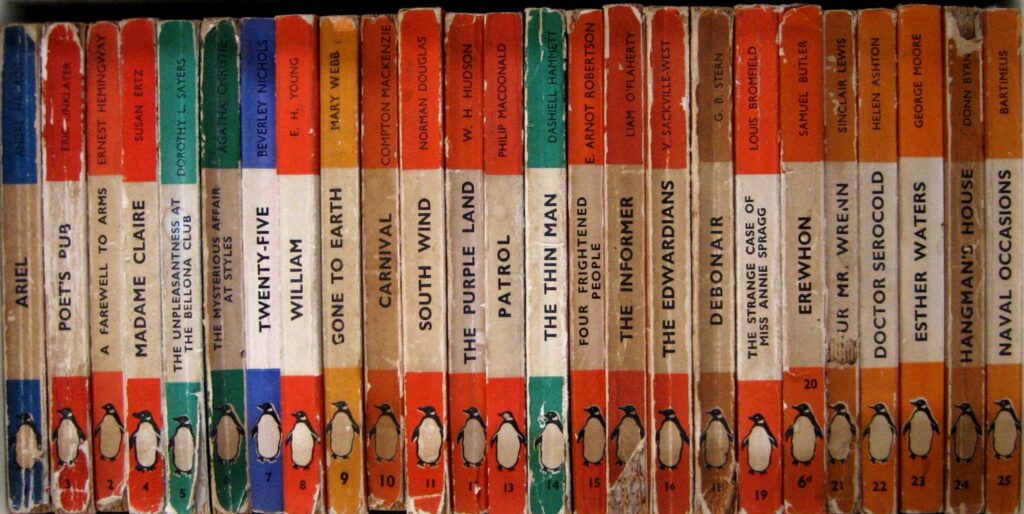
1937
The Pelican imprint, initially publishing original nonfiction books on contemporary issues, is formed
1938
Putnam publishes Thornton Wilder’s play Our Town, which wins the Pulitzer Prize for Drama
1939
Allen Lane, in partnership with Ian Ballantine, sets up Penguin Books’ first American office in New York.

1940s
1940
Puffin is born with a series of nonfiction picture books for children. They prove to be such a great success that Puffin publishes fiction the following year, with Worzel Gummidge, by Barbara Euphan Todd, among its first titles.
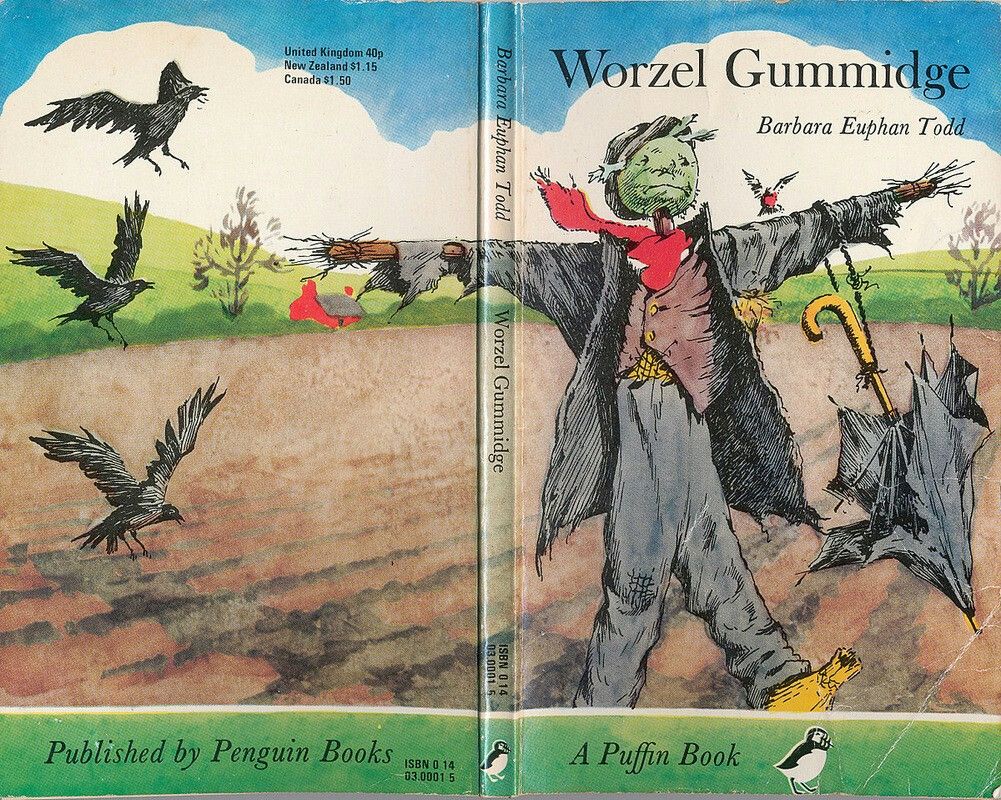
1941
Penguin Books Inc., the U.S. Penguin company, publishes domestic titles in America, instead of England, for the first time, in support of the war effort. Books became crucial for personnel facing arduous and long tours all over the world. The Smithsonian museum magazine has more on this.
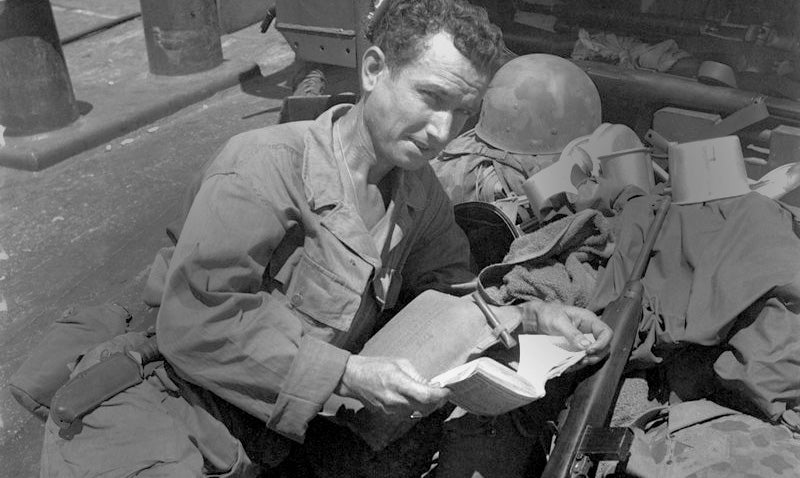
1942
The first Penguin Books edition of Walt Whitman’s Leaves of Grass is printed in the United States, with a cover featuring art by Rafaello Busoni.

1946
The Penguin Classics series is launched with Emile Victor Rieu’s translation of Homer’s The Odyssey, making classic texts accessible to everyone.
1948
New American Library is founded by Kurt Enoch and Victor Weybright and begins its affordable paperback editions with titles such as D.H. Lawrence’s Lady Chatterley’s Lover (1928), William Faulkner’s Sanctuary (1931), and John Steinbeck’s Tortilla Flat (1935).
1950s
1953
Ace Books, the oldest continuously operating science-fiction publisher in the United States, is founded by A. A. Wyn.
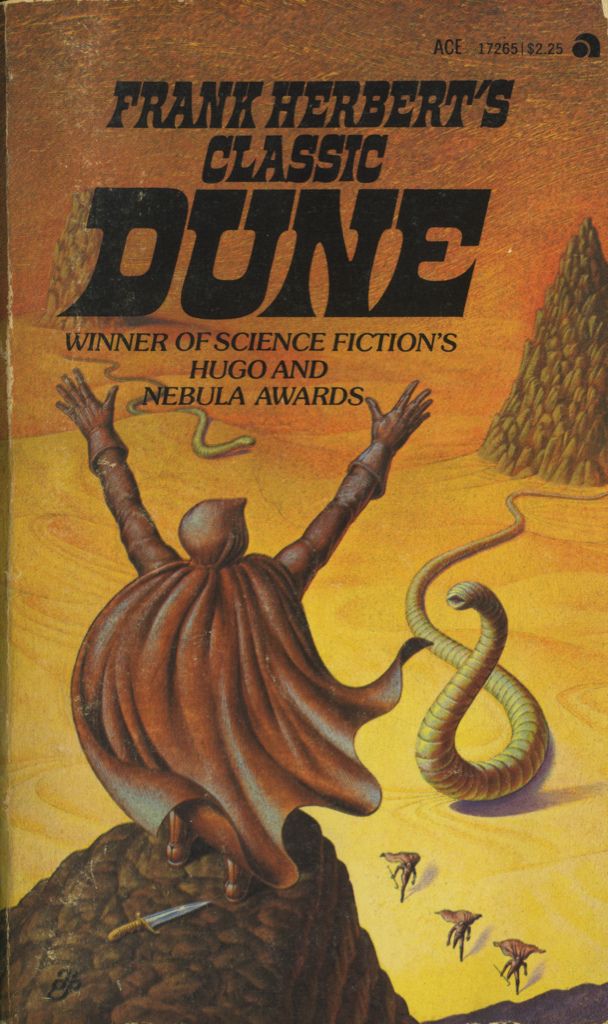
Frank Herbert's Dune, 1st Edition
1954
Putnam publishes Lord of the Flies, by William Golding.
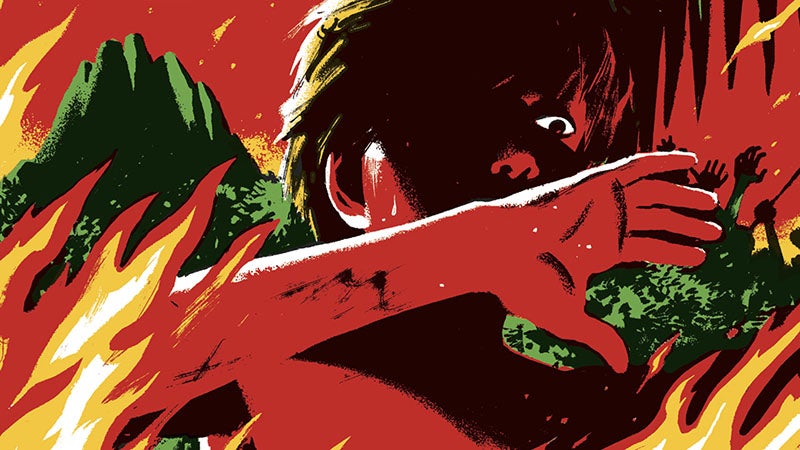
Saul Bellow’s The Adventures of Augie March (Viking) wins the National Book Award for Fiction.
1955
Berkley Books is founded by a group of independent investors.
1957
On the Road, by Jack Kerouac, is published by Viking.
1958
Putnam publishes Vladimir Nabokov’s Lolita, unleashing a storm of controversy. Banned by public libraries in some American cities, the book becomes a bestseller.
1960s
1960
Penguin is charged under the United Kingdom’s 1959 Obscene Publications Act for publishing Lady Chatterley’s Lover. After its acquittal, Penguin sells 2 million copies in six weeks.
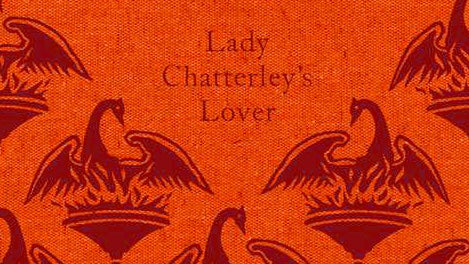
1962
One Flew over the Cuckoo’s Nest, by Ken Kesey, is published by Viking.
Viking/Penguin author John Steinbeck is awarded the Nobel Prize for Literature.
1965
G.P. Putnam’s Sons purchases Berkley Books.
Saul Bellow’s Herzog (Viking) wins the National Book Award for Fiction.
1967
Viking publishes S.E. Hinton’s The Outsiders.
1969
Eric Carle’s The Very Hungry Caterpillar is published by World Publishing Company.
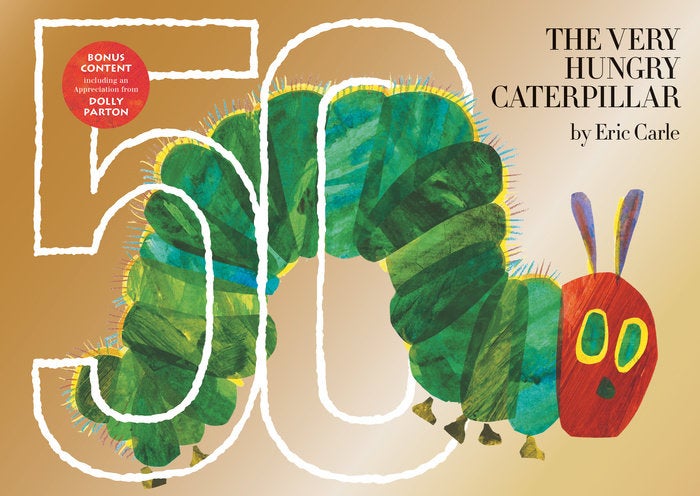
Putnam publishes Mario Puzo’s The Godfather.
1970s
1970
Penguin is acquired by S. Pearson & Son Ltd.
In the same month, Penguin is acquired by S. Pearson & Son Ltd., predecessor to today’s Pearson PLC.
Plume is founded as the trade paperback imprint of New American Library. Plume is founded as the trade paperback imprint of New American Library, initially focusing primarily on nonfiction. Over the years, Plume expanded its reach, also publishing many fiction titles, and now publishes in all formats
1971
Saul Bellow’s Mr. Sammler’s Planet (Viking) wins the National Book Award for Fiction.
1972
Angle of Repose by Wallace Stegner (Penguin) wins the Pulitzer Prize for Fiction.
1974
Tarcher, publisher of books with a strong emphasis on the Human Potential movement, is founded by Jeremy P. Tarcher who remained head of the company until 1996.
Thomas Pynchon’s Gravity’s Rainbow (Viking) wins the National Book Award for Fiction.
Nadine Gordimer wins the Booker Prize for The Conservationist (Penguin)
1975
Penguin Books merges with Viking Press, a top hardcover publisher whose prestigious list of authors at that time includes John Steinbeck, Saul Bellow, and Arthur Miller.
MCA Inc. acquires The Putnam Publishing Group and The Berkley Publishing Group, creating The Putnam Berkley Group.
1976
Saul Bellow is awarded the Nobel Prize in Literature.
Avery is founded and establishes itself as the most successful independent publisher of health books in the market.
1978
Iris Murdoch’s The Sea, The Sea (Penguin) is awarded the Booker Prize.
Dutton publishes John Irving’s The World According to Garp, which won the National Book Award for Fiction.
1979
Jove Books, which originated in 1949 as Pyramid Books, is acquired by The Putnam Berkley Group.
Perigee Books, originally created as the trade paperback imprint for G.P. Putnam’s Sons, is introduced by The Putnam Berkley Group.
1980s
1980
The Putnam Berkley Group acquires Philomel Books, a children’s imprint, whose bestselling, award-wining authors include Eric Carle, Anthony Horowitz, John Flanagan and Ruta Sepetys.
1981
The first U.S. originated and produced Penguin Classics title is published: Richard Henry Dana’s Two Years Before The Mast.
1982
Putnam acquires Grosset & Dunlap, including Ace Books
With the acquisition of Grosset & Dunlap, The Putnam Berkley Group strengthens its position as one of America’s premier children’s book publishers. Its enduring children’s series include Nancy Drew, The Hardy Boys and The Bobbsey Twins.
1983
Penguin acquires Frederick Warne S Co., best known for its Beatrix Potter and Spot titles.
1984
Ironweed (Viking), by William Kennedy, is awarded the Pulitzer Prize for Fiction.
1985
Don DeLillo’s White Noise (Viking) wins the National Book Award for Fiction.
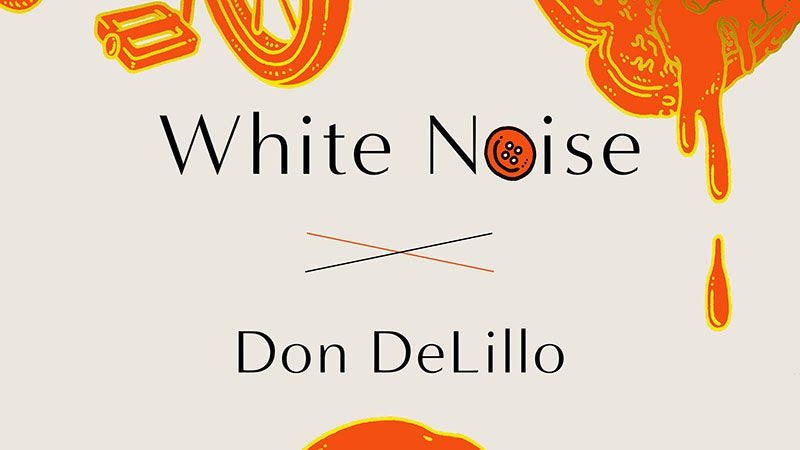
Keri Hulme’s The Bone People (Penguin) is awarded the Booker Prize.
1986
Penguin acquires New American Library/Dutton, giving Penguin a presence in the U.S. mass market for the first time.
1987
August Wilson’s Fences (Plume) wins the Pulitzer Prize for Drama, the first of two wins for Wilson.
1990s
1991
Viking author Nadine Gordimer is awarded the Nobel Prize in Literature.
1993
Penguin Audiobooks are launched, bringing a mix of classic and contemporary titles to a listening audience, using some of the finest contemporary actors to record them.
Paddy Clark Ha Ha Ha by Roddy Doyle (Viking) is awarded the Booker Prize.
The Putnam Berkley Group acquires Price Stern Sloan, Inc. and its diversified lines of innovative, fun, and engaging books in a variety of formats, most notably the popular Mad Libs series.
HP Books, publisher of self-help and how-to books as well as automotive enthusiast guides is acquired as part of the purchase of PSS.
1994
The Putnam Berkley Group launches Riverhead Books, a new adult hardcover and trade paperback imprint, founded by Susan Petersen Kennedy. Authors published by Riverhead have gone on to win the Nobel Prize, the Pulitzer Prize, the National Book Award for Fiction, the National Book Award for Nonfiction, the National Book Award for Translated Literature, and many other prizes.
1995
Carol Shield’s The Stone Diaries (Viking) wins the Pulitzer Prize for Fiction.
1996
Penguin acquires the Putnam Berkley Group, one of the oldest, largest and most prestigious names in U.S. publishing.
1998
Penguin signs a deal to develop and sell e-books with Rocket eBook.
1999
Lindbergh by A. Scott Berg (G.P. Putnam’s Sons) wins the Pulitzer Prize for Biography.
J.M. Coetzee’s Disgrace (Viking) is awarded the Man Booker Prize.
Penguin launches penguinclassics.com worldwide.
2000s
2000
In the Heart of the Sea (Viking), by Nathaniel Philbrick, wins the National Book Award for Nonfiction.
2001
Portfolio, a business imprint focused on nonfiction for ambitious people, is founded by Adrian Zackheim.
Richard Peck’s A Year Down Yonder (Dial Books for Young Readers) wins a Newbery Medal.
2002
Penguin assumes 100 percent ownership of Rough Guides (having acquired a 51 percent stake in 1996), the acclaimed publisher of travel and music-related titles.
Carl Dennis’ Practical Gods (Penguin) wins the Pulitzer Prize for Poetry.
Gotham Books, a commercial nonfiction imprint with occasional fiction titles, is founded by William Shinker.
Firebird, a science fiction and fantasy imprint of Penguin Young Readers Group, designed to appeal to both teenagers and adults, is launched by Sharyn November.
Puffin Books launches Speak, a new paperback imprint aimed at teens, with a range of quality fiction and nonfiction.
Prentice Hall Press, formerly the trade imprint of Pearson’s Prentice Hall Direct division, is moved to Penguin Group (USA). The Prentice Hall lists are comprised of business, health, and self-help/popular reference titles for career, education and business communications.
2003
Penguin publishes the paperback edition of Sue Monk Kidd’s The Secret Life of Bees, which goes on to become one of the biggest paperback bestsellers in Penguin’s history.
The Kite Runner (Riverhead) by Khaled Hosseini, is published in the United States and goes on to sell more than 55 million copies globally.
Viking/Penguin author J.M. Coetzee is awarded the Nobel Prize for Literature.
Penguin Putnam Inc. is rebranded as Penguin Group (USA) Inc.
The Penguin Press is founded by Ann Godoff. Dedicated to publishing literary nonfiction and select fiction, it will go on to publish five Pulitzer Prize winners (Ghost Wars, by Steve Coll, 2005; Lords of Finance, by Liaquat Ahamed, 2010; Washington, by Ron Chernow, 2011; George F. Kennan, by John Lewis Gaddis, 2012, and Barbarian Days by William Finnegan, 2016).
Sentinel Books, a right-of-center imprint specializing in a wide variety of right-of-center books, is founded by publisher Adrian Zackheim.
Hudson Street Press, specializing in narrative nonfiction, lifestyle, health/diet, women’s issues, popular history, and biography, is launched.
Alpha Books joins Penguin Group (USA). Established in 1991 as a computer book imprint for beginners, Alpha introduced the popular Complete Idiot’s Guide series.
2004
Penguin becomes the first major publisher to sell titles directly to consumers through its website.
2005
William Vollmann’s Europe Central (Viking) wins the National Book Award for Fiction.
Steve Coll’s Ghost Wars (The Penguin Press) wins the Pulitzer Prize for Nonfiction.
Gennifer Choldenko’s Al Capone Does My Shirts (Putnam Books for Young Readers) wins a Newbery Medal.
2006
Penguin publishes the paperback edition of The Memory Keeper’s Daughter by Kim Edwards, which becomes an international bestseller with more than 4 million copies sold.
March by Geraldine Brooks (Viking) wins the Pulitzer Prize for Fiction.
Razorbill, an imprint dedicated to young adult and middle grade fiction and nonfiction books, is founded by Ben Schrank.
2008
Penguin eSpecials launches with an Alan Greenspan title. The program has gone on to include over 200 short-form eBooks across all genres.
Riverhead publishes Junot Díaz’s The Brief Wondrous Life of Oscar Wao, which wins the Pulitzer Prize for Fiction.
NAL launches Celebra, the first imprint to exclusively publish books by mainstream Hispanic celebrities, including Ricky Martin, Gloria Estefan and Perez Hilton, with Ray Garcia serving as publisher.
2010
Lords of Finance: The Bankers Who Broke the World by Liaquat Ahamed (The Penguin Press) is awarded the Pulitzer Prize for History.
Penguin Group (USA) wins two National Book Awards: Lighthead by Terrance Hayes (Penguin) in the Poetry category and Mockingbird by Kathryn Erskine (Philomel Books) in the Young People’s Literature category.
Current, a new imprint focused on science books for general readers, is founded by Adrian Zackheim.
Pamela Dorman Books launches its first list, focusing on character-driven novels, especially by debut authors.
2011
Washington: A Life by Ron Chernow (The Penguin Press) wins the Pulitzer Prize for Biography.
Penguin publishes its first video-enhanced eBook, D-Day: The Battle for Normandy by Antony Beevor.
Blue Rider Press is founded by David Rosenthal. Three of the four titles on Blue Rider’s first list are New York Times bestsellers.
C.A. Press, under the leadership of publisher Carlos Azula, is founded to meet the growing demand for books in Spanish.
Nancy Paulsen Books, focusing on children’s picture books and fiction, launches its first list.
Book Country, Penguin Group’s online writing community and self-help publishing platform, is launched.
2012
Penguin takes a leading position in the self-publishing market with the acquisition of Author Solutions, Inc.
No Easy Day: The Firsthand Account of The Mission That Killed Osama bin Laden by Mark Owen is published by Dutton and becomes the #1 bestselling hardcover book of the year.
Penguin Group (USA) wins two Pulitzer Prizes: Malcolm X: A Life of Reinvention by Manning Marable (Viking) for History and George F. Kennan: An American Life by John Lewis Gaddis (The Penguin Press) for Biography.
John Green’s #1 New York Times bestseller The Fault In Our Stars (Dutton Juvenile) is named Time magazine’s #1 Fiction Book of the Year – the first time a young adult novel has received this accolade.
Berkley/NAL’s InterMix, Penguin’s first e-initial eBook imprint, is launched with the release of eleven classic Nora Roberts novels that had not been previously available as eBooks.
2013
The merger of Random House and Penguin is finalized, establishing Penguin Random House, following the closing between shareholders of Bertelsmann and Pearson, who own, respectively, 53% and 47% of the new global trade publishers, which unites all of the publishing imprints of the two companies worldwide.
The Good Lord Bird by James McBride, published by Riverhead, wins the 2013 National Book Award for Fiction.
The Penguin Book Truck and Penguin Pushcart debut at Book Expo America. In October, the Penguin Book Truck travels West on Route 66 from Oklahoma to California, kicking off the celebration of the 75th Anniversary of the publication of Steinbeck’s Pulitzer Prize-winning novel, Grapes of Wrath.
2014
Kathy Dawson Books, a new Penguin Young Readers imprint for children and teens, presenting books in a variety of genres with universal themes and compelling voices, launches its first list in Winter 2014.

